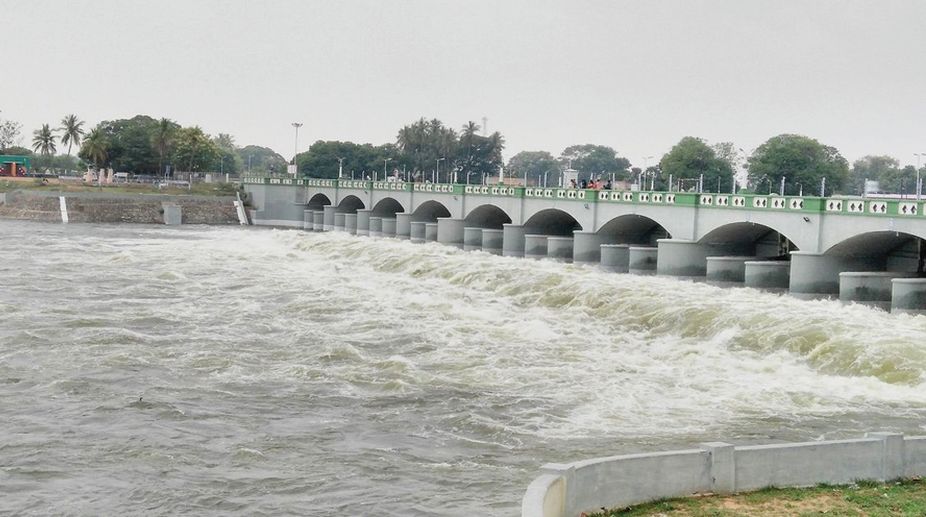The Cauvery Waters Dispute Tribunal gave its final verdict in February 2007. It is binding on the three riparian States of Karnataka, Kerala, Tamil Nadu and the Union Territory of Puducherry.
Because of the intransigent attitude of Karnataka, abetted by successive Union governments on political considerations, and the attitude of the Supreme Court, the Tribunal’s final verdict, by no stretch of imagination favourable to Tamil Nadu, could not be implemented till now.
Advertisement
The sticking point is the constitution of a Cauvery Management Board on the lines of the Bhakra-Beas Management Board involving the States of Punjab, Haryana, Rajasthan, Himachal Pradesh, Delhi and Chandigarh. Karnataka is not a stranger to such boards.
The Tungabhadra Board, the first of its kind after independence, regulating water sharing between Andhra Pradesh, including Telangana, and Karnataka, has been functioning since 1953 without any hitch.
The Supreme Court muddied the waters by admitting a spate of Special Leave Petitions against the Tribunal’s final order without any discussion of the bar on the jurisdiction of the courts provided for under Article 262 of the Constitution and enacted by Parliament in the Inter-State Water Disputes Act, 1956.
After admitting the SLPs, the Supreme Court went into hibernation for the next seven years. By itself, the apex court lacks technical competence to adjudicate river water disputes. Nevertheless, the SLPs were admitted, taking recourse to Article 136(1) of the Constitution.
After many a fitful hearing, the Supreme Court on 18 May brought the curtain down by directing the Union government to notify in the Gazette the constitution of a 10-member Cauvery Water Management Authority and give effect to the authority with promptitude and before the onset of the south-west monsoon.
The Bench of Chief Justice Dipak Misra and Justices AM Kanwilkar and DY Chandrachud which passed this order noted there was a distress situation in Tamil Nadu due to scarcity of water which could be remedied to some extent by effective implementation of the ‘scheme’.
Full details of the ‘scheme’ have not been divulged. According to the draft scheme, the Cauvery Management Authority will not take over operation and maintenance of the dams in the Cauvery system, but will regulate the release of water in accordance with the final award of the Tribunal subject to availability of water.
The Authority is supposed to take care of interests of all the States in a fair manner. The Authority has been divested of independent powers enjoyed by the Bhakra-Beas Management Board. A section-by-section comparison of the final award and the draft scheme shows that Tamil Nadu’s interests have been compromised.











